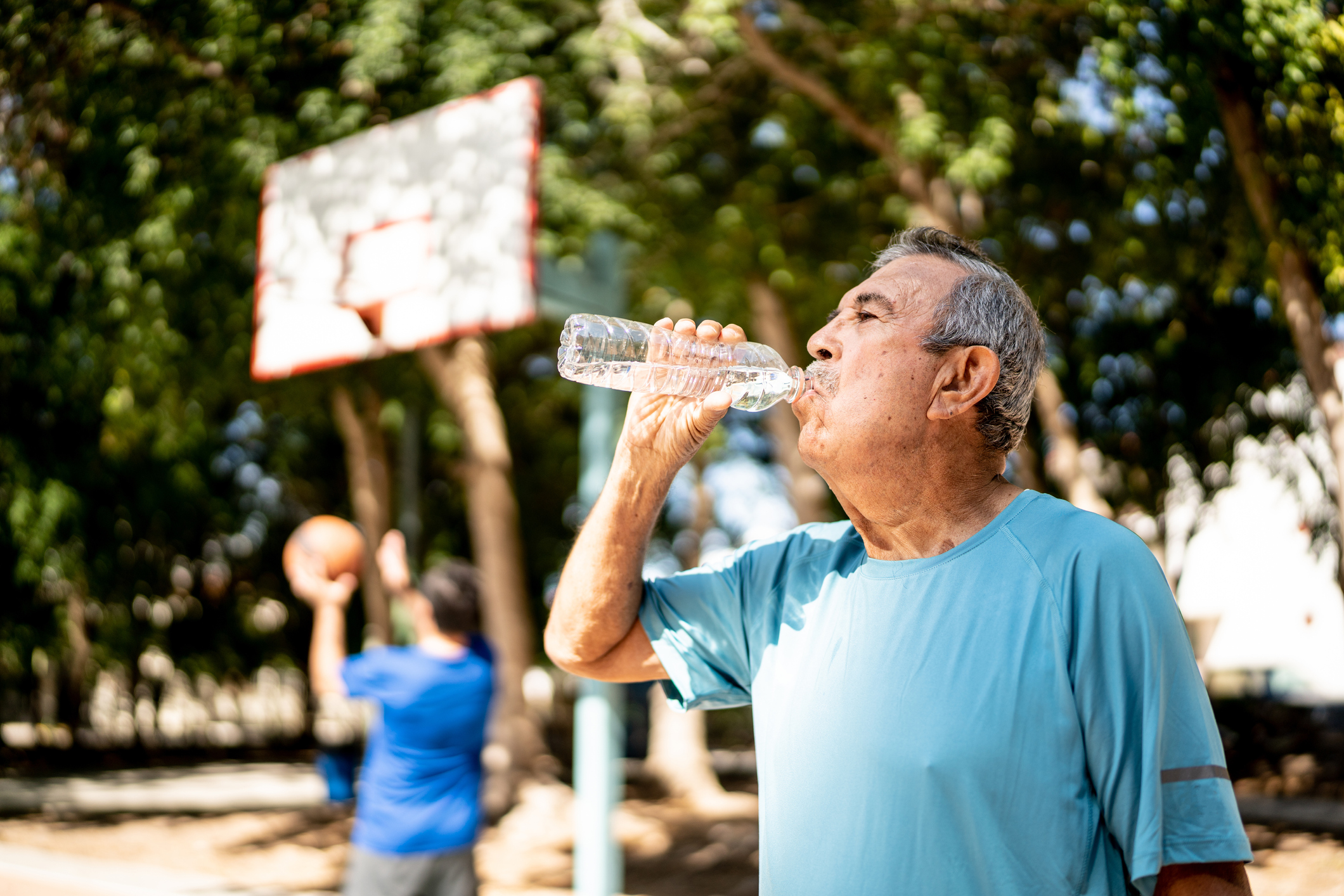

Summer heat can take a toll on anyone. But if you have heart problems, it’s important to understand how heat can compound your risks for a cardiovascular event.
For starters, the body has to work harder to keep cool. That causes the heart to beat faster adding more stress on the heart.
And while sweating happens to everyone and dehydration is a concern, the body also loses valuable minerals that can further stress the heart.
Then there are the heart-protecting drugs that backfire when it’s hot. ACE inhibitors and calcium channel blockers change the way the body responds to heat, making it even more important to stay hydrated.
So be prepared this summer, know the extent of your risks from the heat, and how to keep your cool…
Heat trends and significant heart risks
Scientists at the Desert Research Institute (DRI), Nevada State College, and the Universidad de Las Americas Puebla studied the relationship between heat wave episodes and heat-related deaths in Las Vegas over a 10-year period.
They chose a city like Las Vegas because urban areas are a particular concern because of several factors that compound the problems of already extreme heat and the risks that come with it, like:
- The extensive areas of asphalt absorb the heat, creating an urban heat island
- The populations of cities are growing rapidly, especially for the 55 and older population
The team found that the annual average of severe heat events per year in Las Vegas showed significant increases, from an average of 3.3 events per year from 2007-2009 to 4.7 per year in the 2010-2016 period. The team says that these findings match up with historic trends, which show a steady increase in the severity and frequency of excess heat since 1980.
And, sure enough…
The number of heat-related deaths in Las Vegas went up right along with the rising number of extreme heat events.
“From 2007 to 2016, there have been 437 heat-related deaths in Las Vegas, with the greatest number of those deaths occurring in 2016,” explained Erick Bandala, Ph.D., an assistant research professor at DRI and lead author on the study. “Interestingly, 2016 also shows one of the highest heat index measures over the last 35 years. This shows a clear relationship between increasingly intense heat events in our area and public health effects.”
They also discovered one more scary fact…
The group most at risk of heat-related deaths includes adults over 50 years old, with a whopping 76 percent of heat-related deaths in individuals in this subpopulation.
Of the deaths in this group, almost all individuals also showed evidence of pre-existing heart disease, demonstrating the dangers of summer heat to your heart.
Previous research published in Circulation demonstrated that extreme temperatures increase the risk of premature cardiovascular death, as well.
Tips to guard your heart against summer heat
To keep your heart healthy during the high temperatures this summer, be sure to:
- Stay hydrated – Drink plenty of water both before, during and after your time outdoors.
- Pick the shade – It’s important to stay in shady areas as much as possible or at least take regular breaks to cool off.
- Dress cool – Pick lightweight, breathable fabrics in light colors to stay cool in the heat. And, don’t forget a lightweight hat.
- Use cold compresses – If you don’t have access to a fan or air-conditioning, using cold compresses or ice on your forehead and neck can help.
- Consider supplementing the B vitamin, folic acid. Penn State researchers found it worked well in helping people keep their cool by supporting nitric oxide to increase blood flow to the skin, which combined with sweating, helps to cool the body down.
Summer is here and with the rising temperatures, it’s more important than ever to take steps to guard the health of your heart. Use the tips above to stay safe and beat the summer heat.
Sources:
- Researchers identify link between more frequent, intense heat events and deaths in Las Vegas — EurekAlert!
- Protect Your Heart in the Heat — American Heart Association
- How to Protect Your Heart From the Heat — Mercy Health

